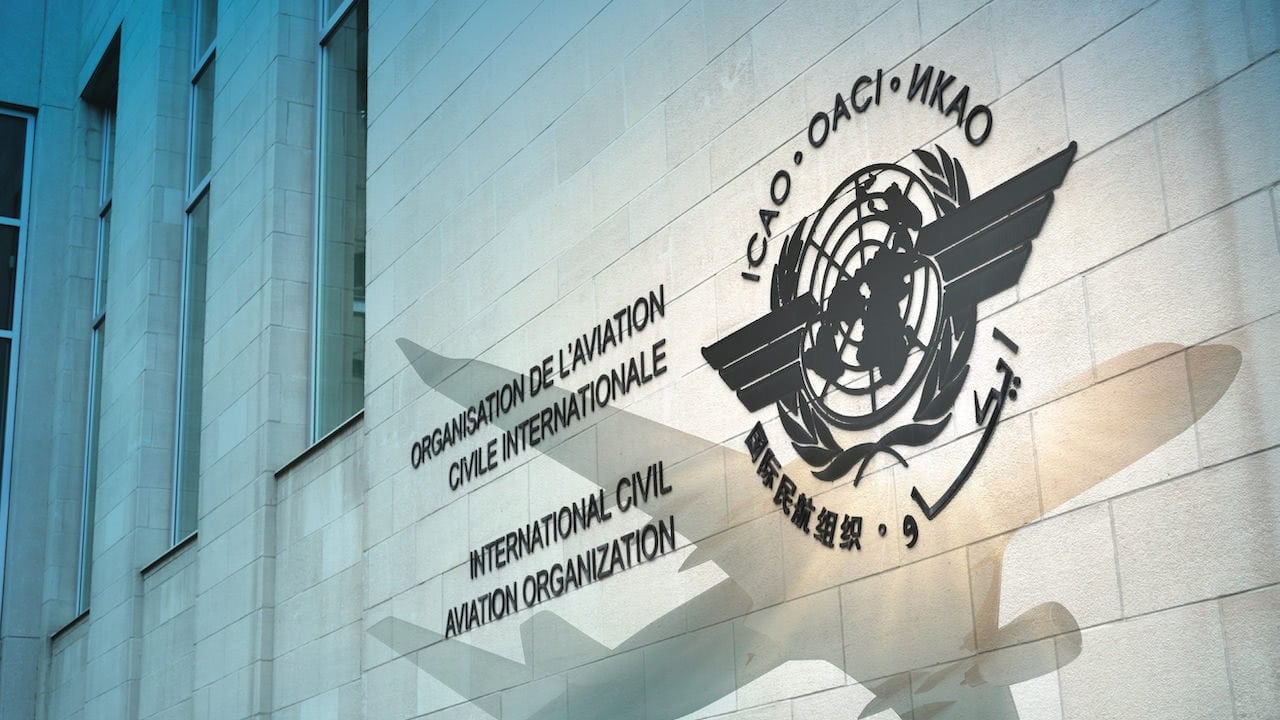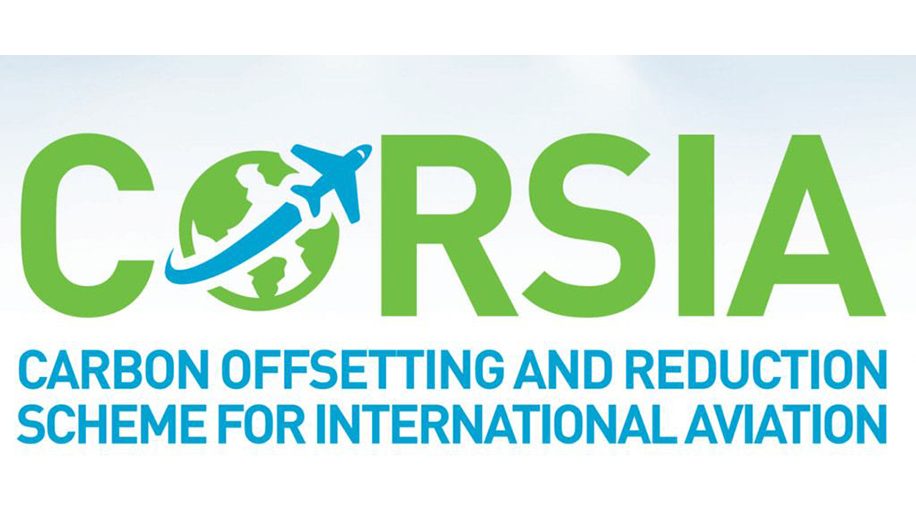September 12, 2023
India Commits to ICAO’s CORSIA and LTAG Initiatives from 2027


Introduction
- India has recently made a significant commitment to the International Civil Aviation Organisation’s (ICAO) initiatives – the Carbon Offsetting and Reduction Scheme for International Aviation (CORSIA) and the Long-Term Aspirational Goals (LTAG).
- This move reflects India’s dedication to addressing global concerns regarding aviation emissions. This article delves into the specifics of these initiatives and India’s decision to participate, highlighting the pivotal role of ICAO in shaping international aviation standards.
The International Civil Aviation Organisation (ICAO)
Background and Establishment
- ICAO, an intergovernmental specialized agency affiliated with the United Nations, came into existence in 1947 through the Chicago Convention, officially known as the Convention on International Civil Aviation (1944). With its headquarters situated in Montreal, Canada, ICAO serves as a cornerstone in regulating and standardizing international civil aviation.
Core Functions
- ICAO’s primary mission is centered on the development of safe and efficient international air transport for peaceful purposes. It also ensures that every state has a fair opportunity to operate international airlines.
This is accomplished through several key functions:
- Setting Aviation Standards: ICAO establishes critical standards and regulations pertaining to aviation safety, security, facilitation, efficiency, and the economic advancement of air transport.
- Environmental Performance Enhancement: A crucial aspect of ICAO’s work is focused on improving the environmental performance of aviation. This includes initiatives to reduce carbon emissions.
- Facilitating Cooperation: Serving as a vital clearinghouse, ICAO fosters cooperation and facilitates discussions among its 193 member states on various civil aviation matters.
- Market Liberalization Agreements: ICAO plays a pivotal role in promoting regional and international agreements aimed at liberalizing aviation markets, fostering healthy competition and growth.
- Legal Standards and Aviation Law: It helps establish legal standards to ensure that the expansion of aviation does not compromise safety. Additionally, ICAO encourages the development of other aspects of international aviation law.
Carbon Offsetting and Reduction Scheme for International Aviation (CORSIA)
CORSIA stands as a global market-based measure designed to counteract international aviation CO2 emissions, with the goal of stabilizing emissions levels.
Notable features of CORSIA include:
- Emission Offset Mechanism: CORSIA operates by allowing aeroplane operators to offset CO2 emissions through the acquisition and subsequent cancellation of emissions units from the global carbon market.
- International Scope: It exclusively addresses emissions from international flights, not encompassing domestic aviation.
- Emission Monitoring Requirement: Aircraft operators participating in CORSIA are required to monitor their emissions from international flights, initiating the process of acquiring offsets for emissions growth.
India’s Commitment
- India’s decision to participate in CORSIA and LTAG from 2027 underscores its commitment to combatting aviation emissions on a global scale. By aligning with ICAO’s initiatives, India demonstrates a proactive approach towards environmental sustainability in the aviation sector.
Conclusion
India’s announcement to engage with ICAO’s CORSIA and LTAG initiatives is a significant step towards mitigating the environmental impact of international aviation. This collaborative effort between nations and ICAO highlights the collective commitment to fostering a more sustainable future for global air travel. As India prepares to join these initiatives in 2027, the aviation industry can anticipate positive strides towards a greener, more environmentally responsible future.
January 30, 2025
January 20, 2025
January 14, 2025
